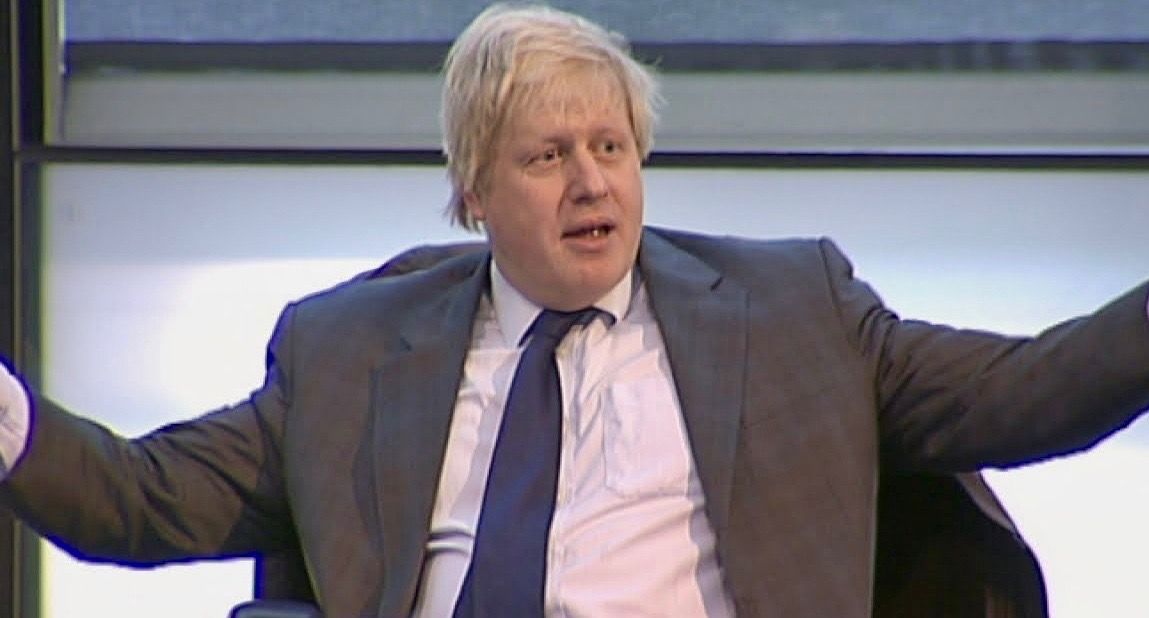MI6 had problems with Russian oligarch Evgeny Lebedev, whose father was a former KBG agent. When they told UK Prime Minister about it in 2013, he still nominated Lebedev for a peerage. The post is a legal position in the country.
A New Yorker report noted a moment in which Lebedev claimed, "in London, money rules everyone. Anyone and anything can be bought."
Roman Abramovich was one of the richest men in Russia when he ran for governor of the miserable northern region of Russia. People complained they wanted meat and fuel.
“People here don’t live, they just exist,” Abramovich said, according to the report.
Speculation circulated about why he would have made such a move to a miserable place. He claimed he was "fed up" with making money. Three years later he'd fallen into obscurity, but then suddenly became a tabloid favorite, buying London’s Chelsea Football Club and a fifteen-bedroom mansion behind Kensington Palace with a helipad and missile-defense system. He welcomed people like Leonardo DiCaprio and Paul McCartney to parties. He was being accepted by the west.
The book Putin’s People: How the KGB Took Back Russia and Then Took on the West by Catherine Belton explained that after taking over Russia in 2000, Vladimir Putin turned the government into a kind of mafia, controlling businessmen like Abramovich.
Belton wrote that the trek to northern Russia was likely “on Putin’s orders" and that all of the oligarchs were falling under his control.
"Putin told me that if Abramovich breaks the law as governor, he can put him immediately in jail,” an Abramovich associate told Belton. She called it a "feudal system" where companies were to "operate as hired managers, working on behalf of the state." Their wealth was actually Putin's wealth, they were just guarding it for him.
Purchasing the Football Club was part of Putin's order, said one Kremlin ally.
"Putin’s Kremlin had accurately calculated that the way to gain acceptance in British society was through the country’s greatest love, its national sport," Belton explained. The goal was to build "a beachhead for Russian influence in the UK. Putin personally told me of his plan to acquire the Chelsea Football Club in order to increase his influence and raise Russia’s profile, not only with the elite but with ordinary British people," said the Putin insider.
While Prime Minister Boris Johnson agreed with the global community on imposing sanctions, many questioned his relationship with Lebedev and the degree to which the UK government is compromised.
"For the past several years, Oliver Bullough, a former Russia correspondent, has guided 'kleptocracy tours' around London, explaining how dirty money from abroad has transformed the city," wrote the New Yorker. "Bullough shows up with a busload of rubberneckers in front of elegant mansions and steel-and-glass apartment towers in Knightsbridge and Belgravia and points out the multimillion-pound residences of the shady expatriates who find refuge there.'
He's just published a book Butler to the World: How Britain Became the Servant of Oligarchs, Tax Dodgers, Kleptocrats, and Criminals.
The relationship between the British and Russia has even prompted the derogatory moniker for the city "Londongrad."
The report closes by telling the strange story about the March 5 kickoff at Turf Moor when Chelsea played Burnley. While the crowd chanted in solidarity with Ukraine, visiting Chelsea fans chanted Abramovich's name.
Leave a Comment
Related Post
